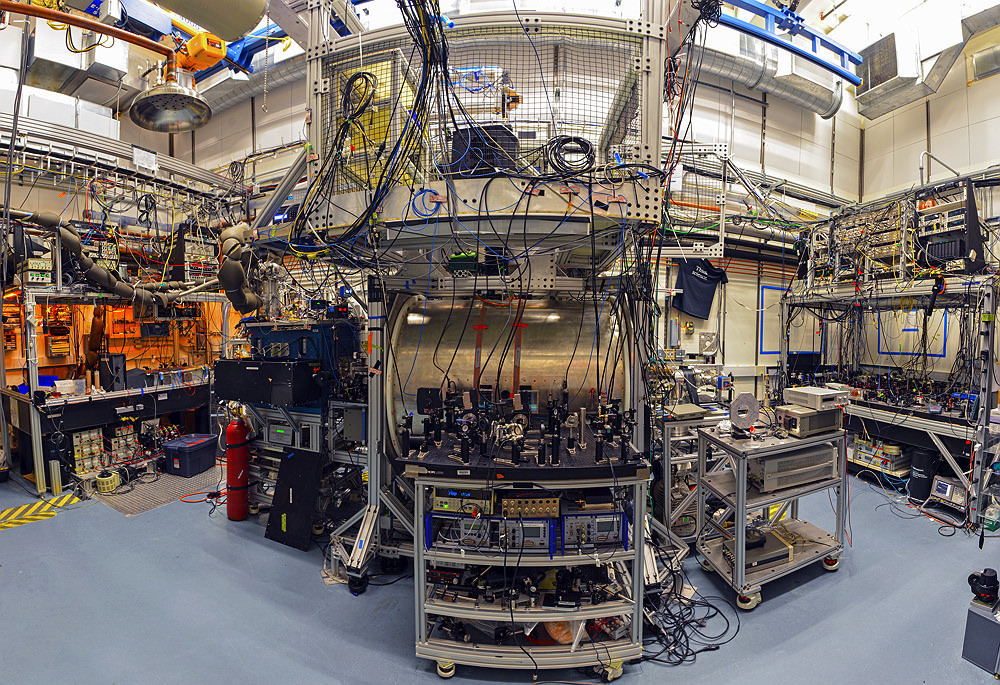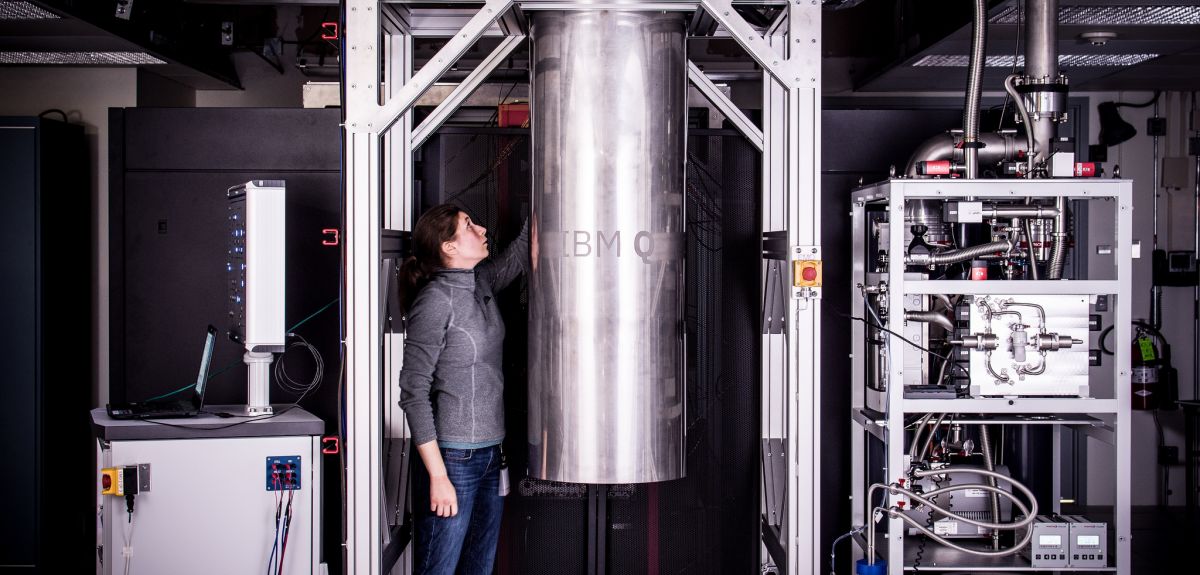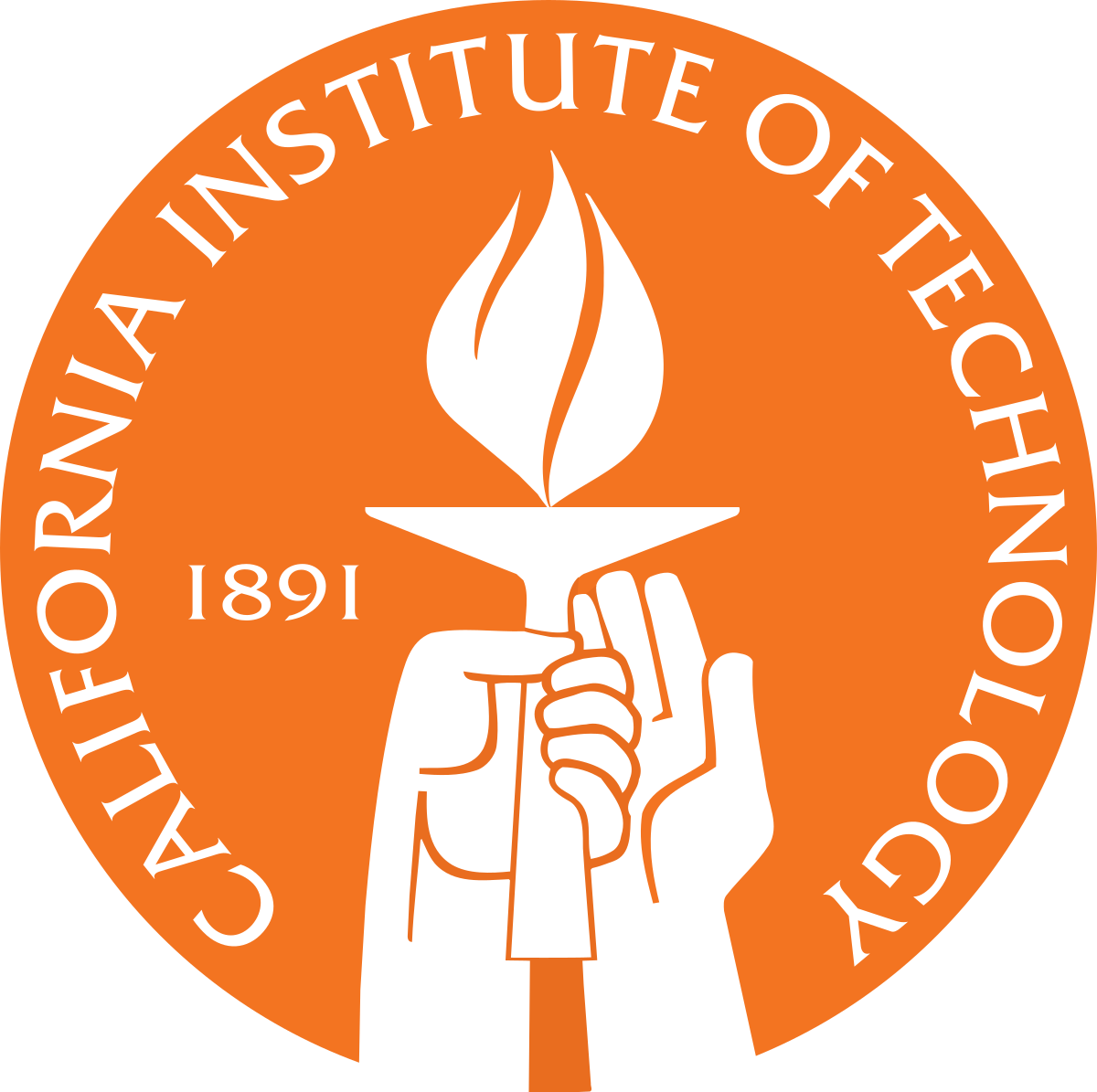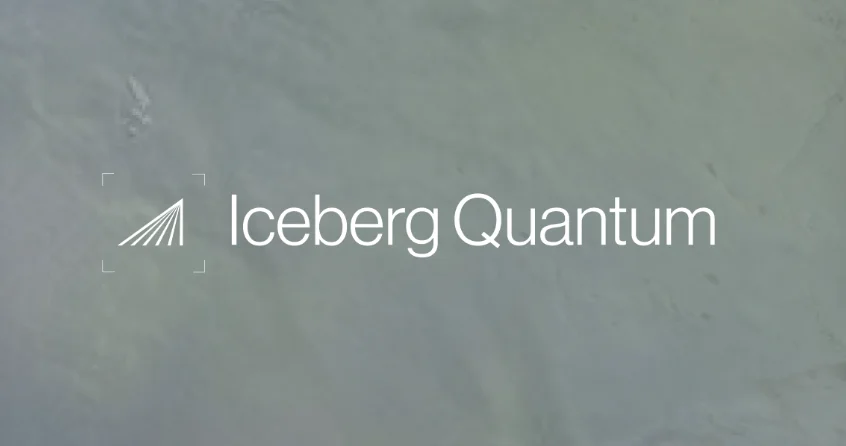So far, 2024 has been a banner year for quantum computing research. Several quantum-based companies have moved to go public, including at least two announcements of special acquisition companies being created to accommodate interest in quantum research. Multinational corporate mergers have also started to happen in the quantum industry.
According to data gathered from Microsoft Academic, several research institutions are consistently producing research papers, conference presentations and other forms of academic output in the quantum computing area. The groups represent both corporate quantum research teams and university-based scientists.
We’ve organized a list of 18 of today’s most respected – leading – quantum computing research labs in the world. Enjoy!
You may also like:

- Top 12 Quantum Computing Universities
- 7 Best Quantum Computing Books
- Top 8 Online Quantum Computing Courses
11 Quantum Research Institutions
1. IBM

2. Massachusetts Institute of Technology

Find out more about quantum information science at MIT here.
3. Harvard University

4. Max Planck Society

5. University of Chicago

6. Chinese Academy of Sciences

7. University of California, Berkeley

8. University of Maryland, College Park

9. Princeton University

10. Google Quantum Computer Research Center
From the company that developed the first quantum computer to assert quantum supremacy, Google researchers continue to make impressive strides in the quantum computing field.

For this year, the company’s scientists have taken part in studies, including “How to factor 2048 bit RSA integers in 8 hours using 20 million noisy qubits,” in Quantum; “High-Fidelity Measurement of a Superconducting Qubit Using an On-Chip Microwave Photon Counter,” in Physical Review X and “Power of data in quantum machine learning,” in Nature Communications.
Explore the possibilities of quantum with Google.
11. University of Tokyo
Japan is a hub of research into technology and information science. This research prowess extends to the quantum computing era.

The University of Tokyo is home to scientists who took part in the following recent studies and published papers: “Blueprint for a scalable photonic fault-tolerant quantum computer,” which appeared in Quantum; “Post-Hartree–Fock method in quantum chemistry for quantum computer,” published in European Physical Journal and “Event Classification with Quantum Machine Learning in High-Energy Physics,” presented in Computing and Software for Big Science.
Read more about this quantum initiative at the University of Tokyo.
12. University of Science and Technology of China
Our second entry to the list from China continues to astound the world with its scientific advances in quantum computing.

Scientists from the University of Science and Technology of China have been involved in quantum computing lab studies, including: “Testing a Quantum Error-Correcting Code on Various Platforms,” in Chinese Science Bulletin; “Experimental exploration of five-qubit quantum error correcting code with superconducting qubits,” in National Science Review and “Quantum walks on a programmable two-dimensional 62-qubit superconducting processor” in Science.
Here’s the Division of Quantum Physics and Quantum Information at USTC.
13. University of Washington
The Seattle-based University of Washington is growing into its role as one of the leaders in quantum science research and, in particular, in quantum computing. A recent surge in published research papers about quantum computing include University of Washington researchers leading the charge.

Those projects include: “Sparse-Hamiltonian approach to the time-evolution of molecules on quantum computers,”The European Physical Journal,” “Entanglement rearrangement in self-consistent nuclear structure calculations,” Physical Review C and “Qubit Regularization of Asymptotic Freedom” in Physical Review Letters.
You can read about one U of W quantum initiative here.
14. University of Oxford
The University of Oxford’s contributions to quantum science are legendary. The university is now one of the leaders sherparding the world from classical to Noisy Intermediate Scale Quantum — NISQ — and beyond.

Here are a few pieces of research Oxford scientists are involved in that have implications in quantum computing: “Multi-exponential error extrapolation and combining error mitigation techniques for NISQ applications,” which appeared in npj Quantum Information; Non-Gaussianity as a Signature of a Quantum Theory of Gravity, which was published in PRX Quantum and The prospects of quantum computing in computational molecular biology, which appeared in WIREs Computational Molecular Biology.
Here’s an example of a quantum computer project at the University of Oxford.
15. Duke University
Duke University is probably not a research institution that most immediately associate with quantum computing compared to some of the other institutions. (Duke’s research trail only leads back to 1998, while some of the other universities have quantum computing research that originated in the 1980s, even the 1970s…)

But that’s changing as the following quantum projects show: “Materials challenges for trapped-ion quantum computers,” Nature Reviews Materials; “Optimizing Stabilizer Parities for Improved Logical Qubit Memories,” ArXiv and “Practical Applications with Quantum Computers,” presented at Quantum West.
As an example of Duke’s forward-looking quantum progress, check out this initiative.
16. National Institute of Standards and Technology
The National Institute of Standards and Technology supports quantum science both in the U.S. and around the world. The soul of NIST’s support is in the prowess of its quantum researchers.
Here are a few NIST-backed research projects: “Ray-Based Framework for State Identification in Quantum Dot Devices,” PRX Quantum; “Towards data-driven next-generation transmission electron microscopy,” Nature Materials and “Control and readout of a superconducting qubit using a photonic link,” in Nature.
Read more about NIST’s support of quantum in this TQD article.
17. Stanford University
Seated geographically right in the hottest of technological hot spots, Stanford University is among the top quantum research institutions for the high tech world.

In quantum computing, its recent publications show scientists involved in the following projects: “Quantum Permutation Synchronization,” in ArXiv; “Recycling qubits in near-term quantum computers,” in Physical Review A and “Connecting and scaling semiconductor quantum systems,” presented at Photonic and Phononic Properties of Engineered Nanostructures XI
Read about Stanford’s Quantum Computing mission here.
18. California Institute of Technology
You can’t have Caltech without the tech part and it’s rapidly becoming a quantum research powerhouse.

Just some of the work done recently by scientists at California Institute of Technology include: Power of data in quantum machine learning, in Nature Communications; “Low rank representations for quantum simulation of electronic structure,” in npj Quantum Information and “Quantum Computation of Finite-Temperature Static and Dynamical Properties of Spin Systems Using Quantum Imaginary Time Evolution,” in PRX Quantum.
CalTech quantum projects include the Institute for Quantum Information and Matter.
A Note on How This List Was Created
The above list of the top quantum research institutions is not meant to be exhaustive. Microsoft Academic was used to pull a list of the top institutions publishing or presenting research on quantum computing, so far in 2024. Obviously, it is just a snapshot in time. The list could change because of publication schedules, timing of conferences, search terms, etc. and could include other limitations.
If you found this article to be informative, make sure to explore more of the current quantum technology news here. If you would like to explore enterprise end users of quantum in more detail, you should check out our dedicated market intelligence platform.
For more market insights, check out our latest quantum computing news here.














